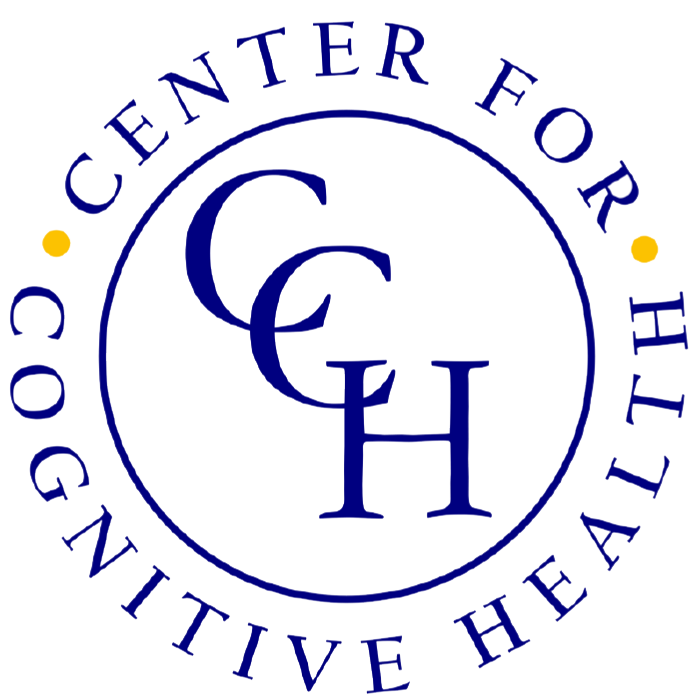What is Brain Fog?
Brain fog is a common and frustrating symptom characterized by difficulty concentrating, mental clarity issues, and memory problems. It can result from various factors, including stress, sleep deprivation, medical conditions, and dietary choices. Treating brain fog often involves addressing its underlying causes and adopting lifestyle changes to improve cognitive function.
- Identifying Underlying Causes: The first step in treating brain fog is to determine its root cause. Medical conditions, such as thyroid problems, depression, or nutritional deficiencies, which may contribute to brain fog. This may also include an MRI and Electroencephalography (EEG) of the brain.
- Sleep and Stress Management: Adequate sleep is crucial for cognitive function. Patients should aim for 7-9 hours of quality sleep per night and establish a regular sleep schedule. Additionally, stress management techniques like mindfulness, meditation, or yoga can help reduce stress-related brain fog.
- Dietary Changes: Diet plays a significant role in brain fog. Patients should focus on a balanced diet rich in fruits, vegetables, whole grains, and lean proteins. Avoiding processed foods, excessive sugar, and caffeine can also help reduce brain fog.
- Hydration: Dehydration can impair cognitive function. Staying well-hydrated by drinking enough water throughout the day is essential for mental clarity.
- Exercise: Regular physical activity promotes blood flow to the brain and releases feel-good hormones. Patients should aim for at least 150 minutes of moderate-intensity exercise per week.
- Supplements: In some cases, nutritional supplements may be recommended, especially if deficiencies are identified. Common supplements for brain health include omega-3 fatty acids, B vitamins, and antioxidants.
- Cognitive Training: Engaging in activities that challenge the brain, such as puzzles, crossword puzzles, and memory games, can help improve cognitive function over time. We also offer a Physician-guided Computer Remediation Program with Cognitive Scoring before and after treatment.
- Medication: In cases where an underlying medical condition is identified, a healthcare provider may prescribe medications to address the specific issue contributing to brain fog.
- Lifestyle Adjustments: Patients should also consider making lifestyle adjustments like limiting screen time, managing their workload, and setting realistic goals to reduce mental fatigue.
- Regular Follow-Up: Monitoring progress and maintaining communication with healthcare providers is crucial. Adjustments to the treatment plan may be necessary to achieve optimal results.
In our program, we will try to create a treatment plan to coordinate with your lifestyle.






